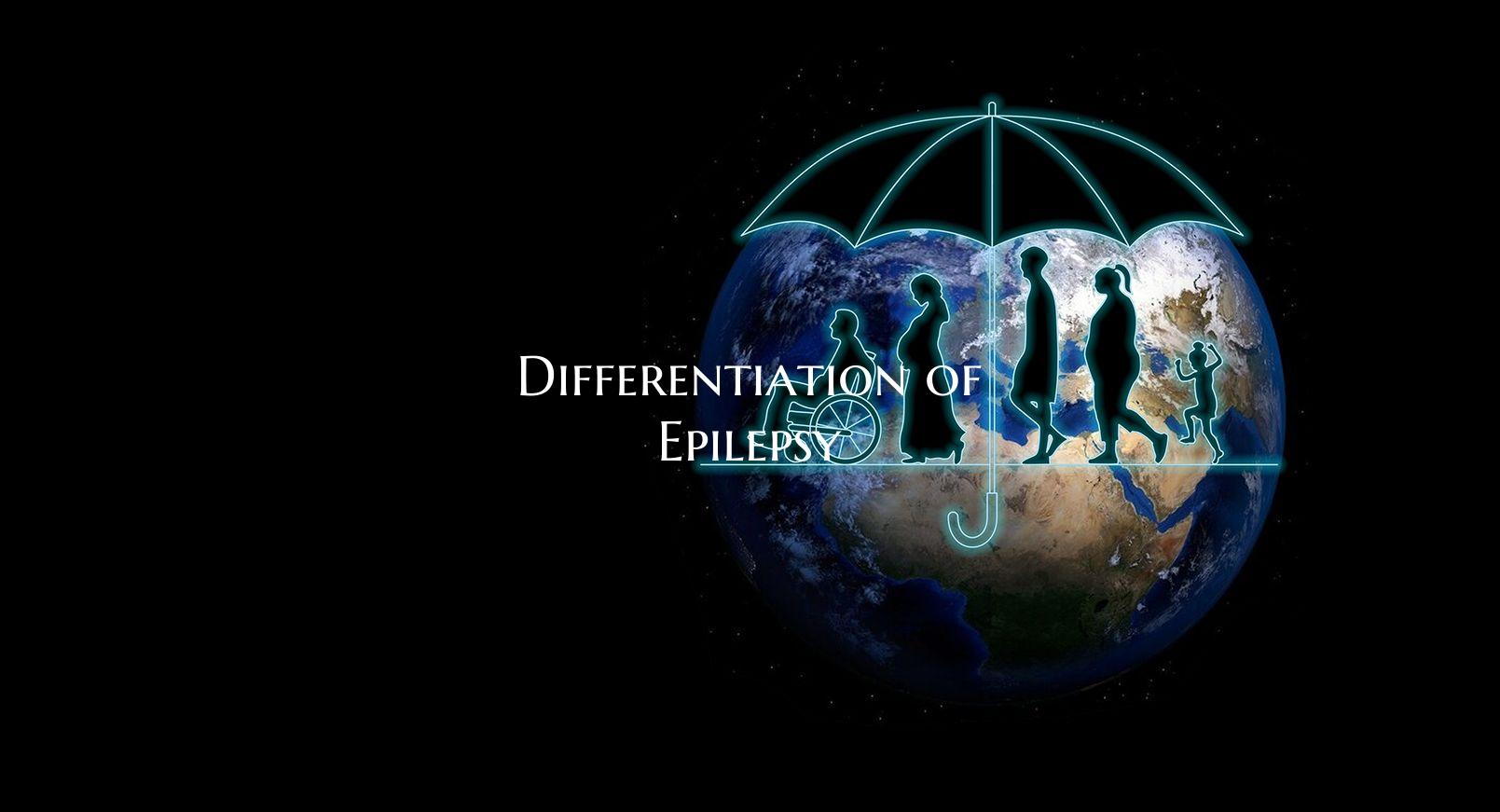
Differentiation of Epilepsy
Epilepsy is a complex neurological disorder characterized by recurrent seizures, affecting approximately 50 million people worldwide. While seizures are the hallmark of epilepsy, the condition is incredibly diverse in its presentation, underlying causes, and management strategies. Understanding the differentiation of epilepsy is crucial in providing individualized care and effective treatment for patients.
One key aspect of epilepsy differentiation is the classification of seizures. Seizures can be broadly categorized into two main types: focal (partial) seizures and generalized seizures. Focal seizures originate in one specific area of the brain, leading to localized symptoms such as abnormal movements, sensations, or emotions. On the other hand, generalized seizures involve both sides of the brain from the onset, resulting in widespread symptoms like convulsions, loss of consciousness, or absence spells. Identifying the type of seizure a patient experiences is fundamental in determining the appropriate treatment approach.
Furthermore, epilepsy can be differentiated based on its underlying causes. While some individuals may have genetic predispositions or structural brain abnormalities that contribute to their seizures, others may develop epilepsy as a result of brain injuries, infections, or other medical conditions. Understanding the etiology of epilepsy in each patient is essential for tailoring treatment and potentially addressing any reversible factors that may be triggering seizures.
In addition to seizure type and underlying causes, the differentiation of epilepsy also involves considering various factors such as age of onset, frequency of seizures, response to medication, and presence of associated medical or psychiatric conditions. These factors play a significant role in guiding treatment decisions and long-term management strategies.
Personalized care is at the forefront of epilepsy management, highlighting the importance of accurately differentiating the condition in each individual. Through advanced diagnostic tools such as electroencephalography (EEG), magnetic resonance imaging (MRI), and genetic testing, healthcare providers can gain valuable insights into the specific characteristics of a patient's epilepsy and tailor interventions accordingly.
In conclusion, the differentiation of epilepsy encompasses a comprehensive evaluation of seizure types, underlying causes, associated factors, and individual patient characteristics. By gaining a deeper understanding of the complexity of epilepsy in each individual, healthcare providers can deliver targeted and effective care, ultimately improving outcomes and quality of life for patients living with this neurological disorder.